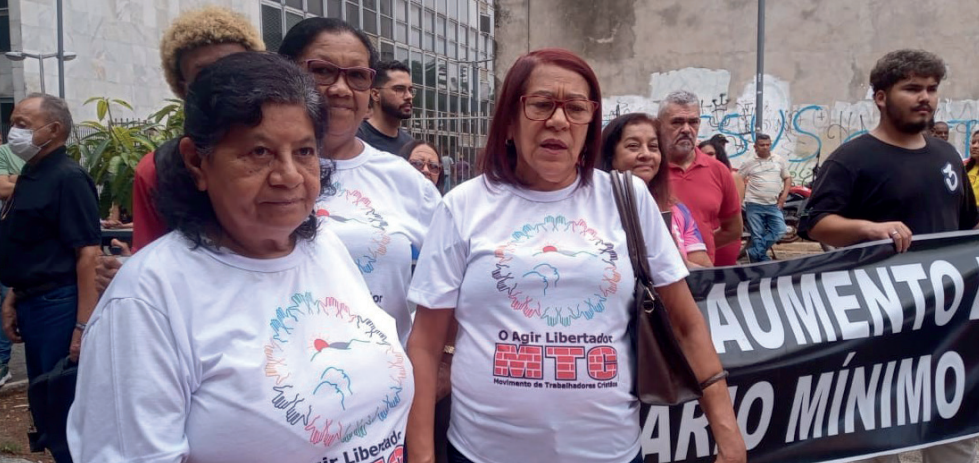
How many children grow up without protection or access to education? How many women endure violence, humiliation, and dehumanization? How many families live without shelter, land, or resources to meet their needs? How many workers are deprived of employment or exploited under degrading conditions, while corporate profits reach record highs?
Every year, we hear reports of global economic growth, an increasing number of billionaires, and record-breaking profits for multinational corporations. As Fratelli tutti states: «While part of humanity lives in opulence, another sees its dignity disregarded, despised, or trampled upon, and its fundamental rights ignored or violated».
In the face of this reality, living with dignity sometimes seems reserved for an elite. Yet, members of WCWM and other social movements hold a strong conviction: another way of life is possible. They are driven by hope and the certainty that the liberation of people comes through solidarity and collective action.
«And God created man in His image; in the image of God, He created him: male and female He created them» (Genesis 1:27). «For God so loved the world that He gave His only Son, that whoever believes in Him shall not perish but have eternal life» (John 3:16). These biblical verses remind us of an essential truth: every human being carries the divine imprint, loved and saved at the immeasurable price of Jesus Christ’s blood.
Human dignity is at the heart of the Church’s social doctrine. It is based on the conviction that every person, regardless of economic or social status, possesses intrinsic and inalienable value. The Church strongly asserts that the economy and society must serve humanity, not the other way around. Universal declarations and international human rights agreements, adopted by the United Nations, reflect the aspiration for a world where every individual is respected and lives with dignity. Yet, reality remains marked by inequalities, injustices, and abuses that affect the most vulnerable.
This issue of INFOR gathers testimonies of alarming situations experienced across the world. But it also highlights inspiring initiatives and collective efforts that prove that a fairer and more humane economy can emerge.
Evariste Nsengunurenyi General Secretary of MMTC




